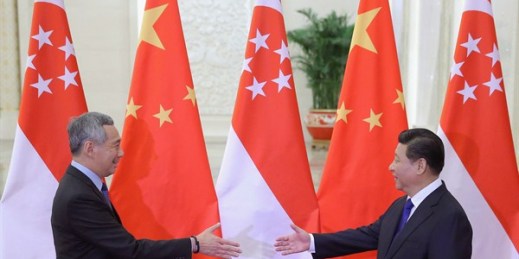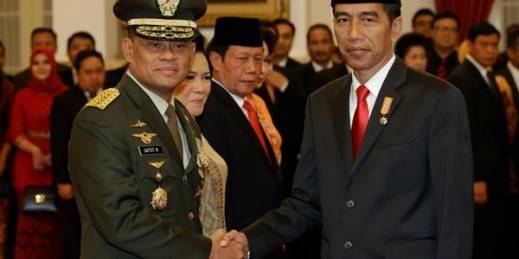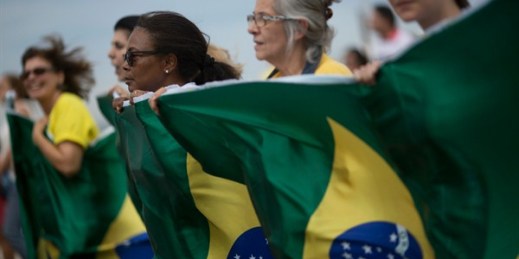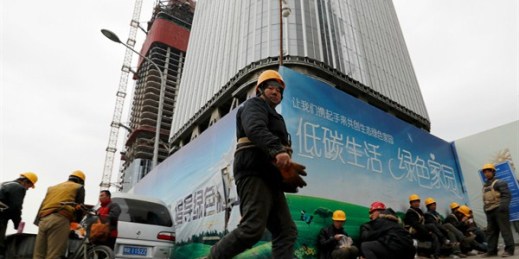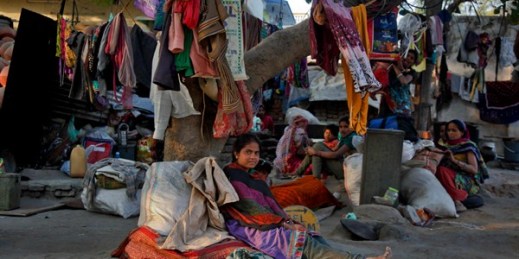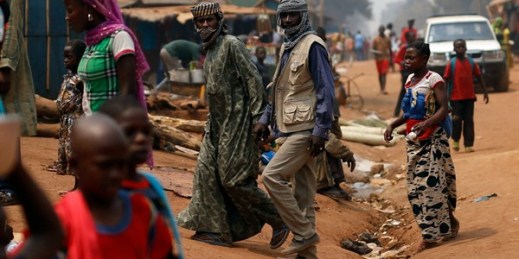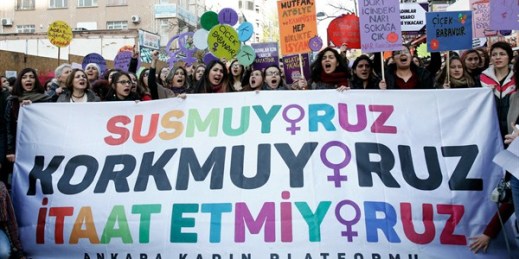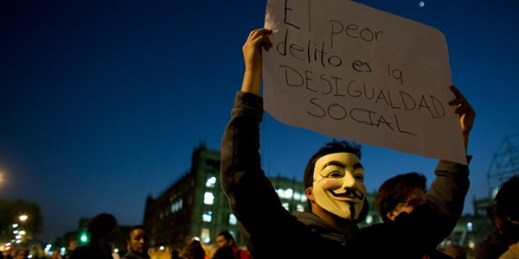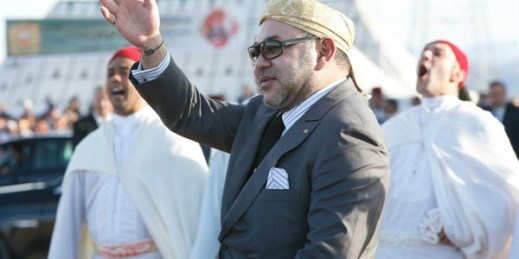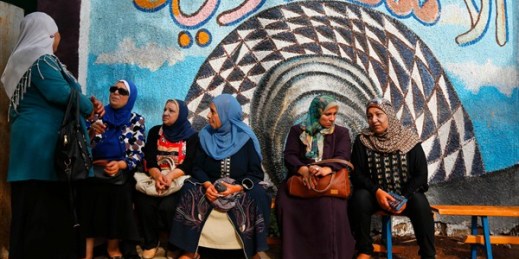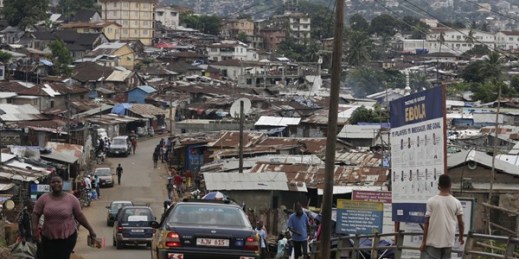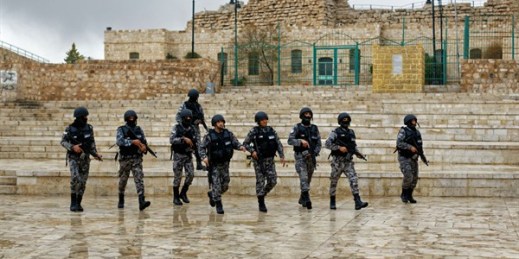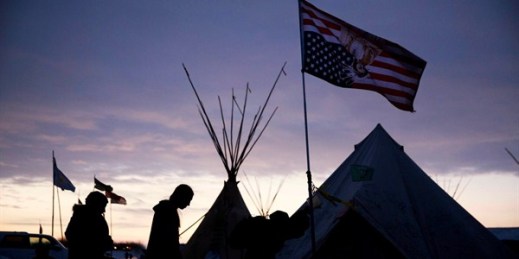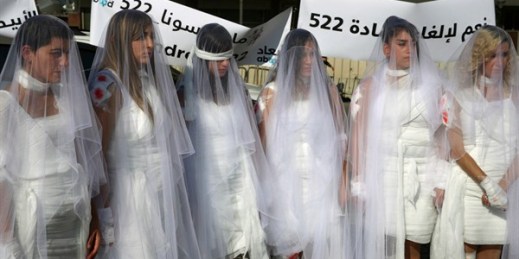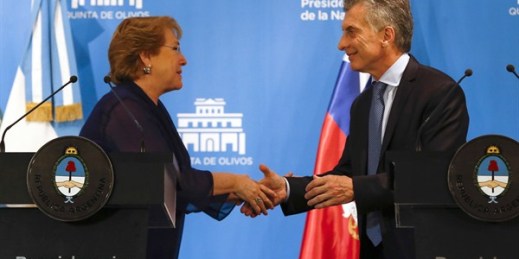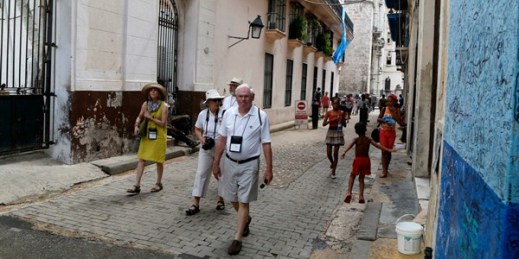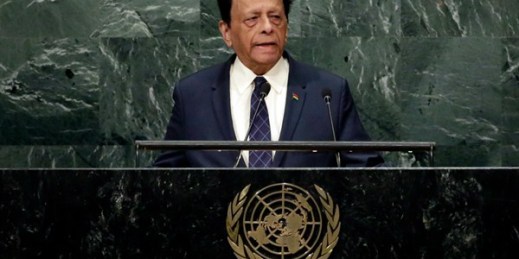
Last week, Pravind Jugnauth, the son of Mauritius’ outgoing prime minister, Anerood Jugnauth, was appointed prime minister after his father announced he was stepping down. Many in Mauritius have denounced the move as nepotism and called on the opposition to hold a referendum. In an email interview, Roukaya Kasenally, a senior adviser at the Africa Media Initiative, discusses politics in Mauritius. WPR: To what extent does the appointment of outgoing Prime Minister Anerood Jugnauth’s son, Pravind Jugnauth, as prime minister belie Mauritius’ reputation for solid democratic institutions and practices? Roukaya Kasenally: In the Economist Intelligence Unit’s latest Democracy Index, Mauritius […]

